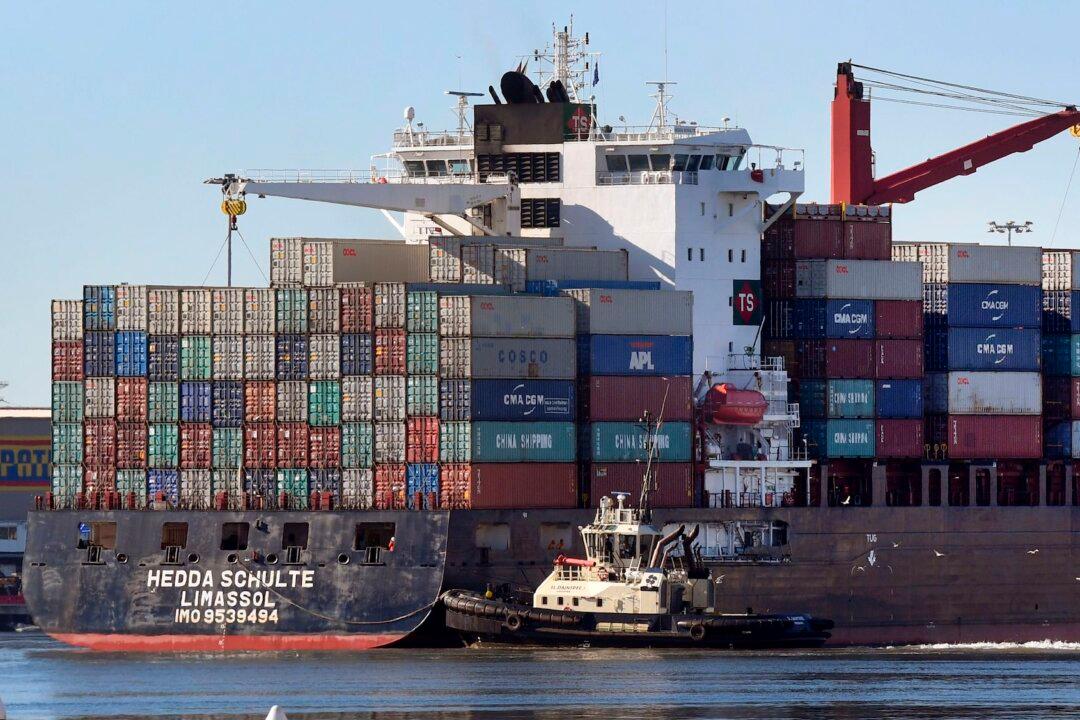The Maritime Union of Australia (MUA) has been told not to extort Australia by Prime Minister Scott Morrison after industrial negotiations between the MUA and stevedoring company, Patrick, reached an impasse.
In a media release on Sept. 29, Patrick said that industrial action by the MUA had reached the point where it was delaying imports and exports at ports in Melbourne, Sydney, Brisbane, and Fremantle with some ports being delayed up to 11 days.




